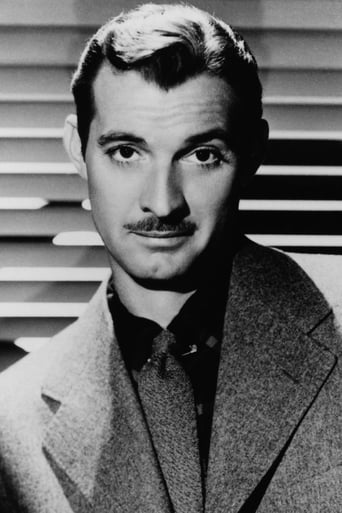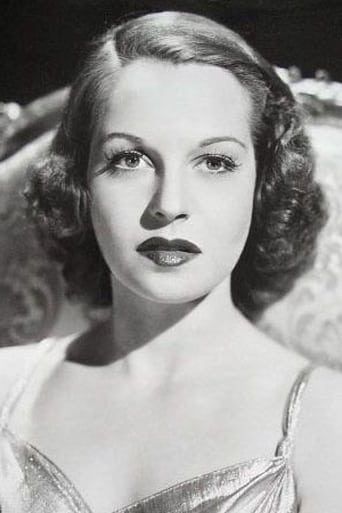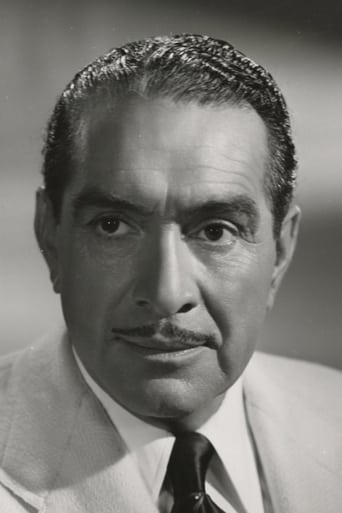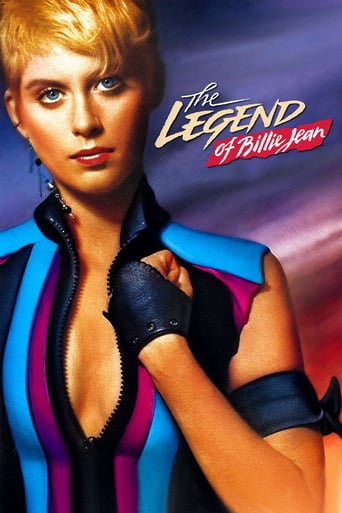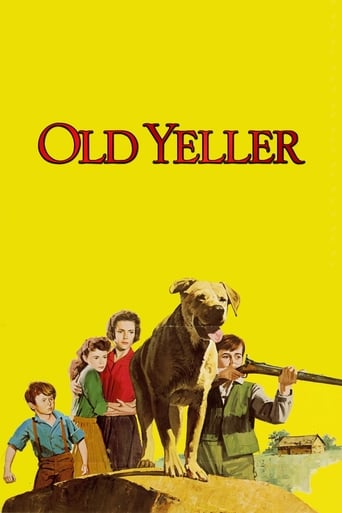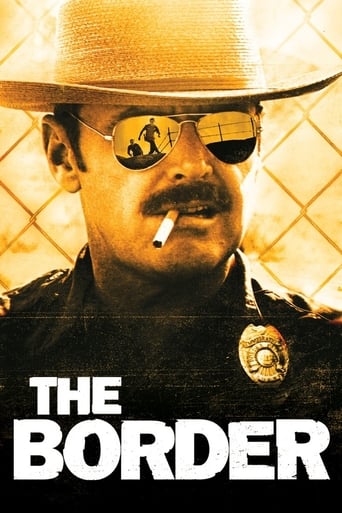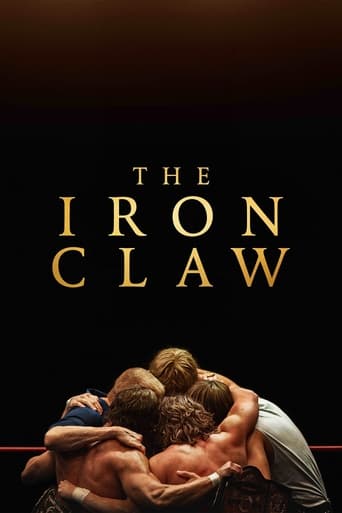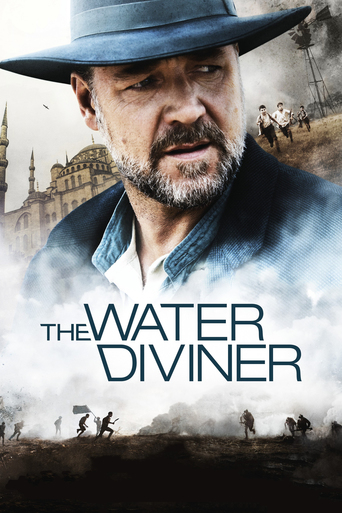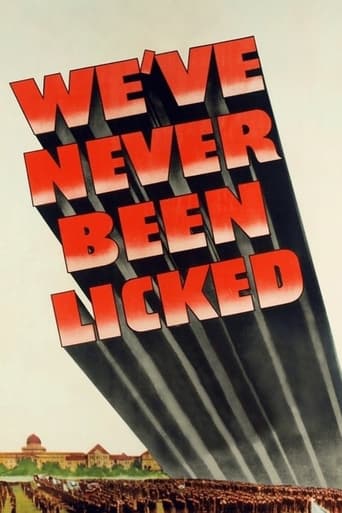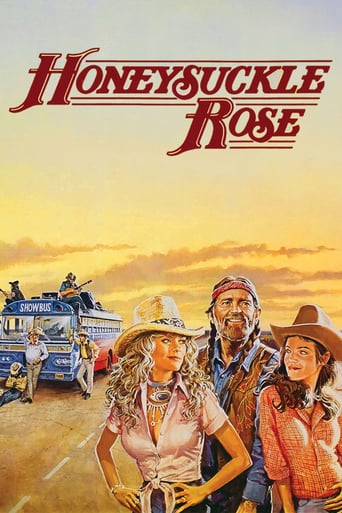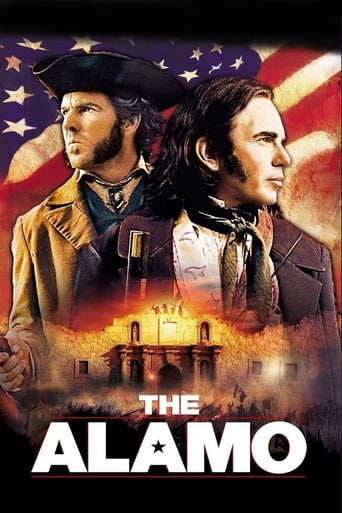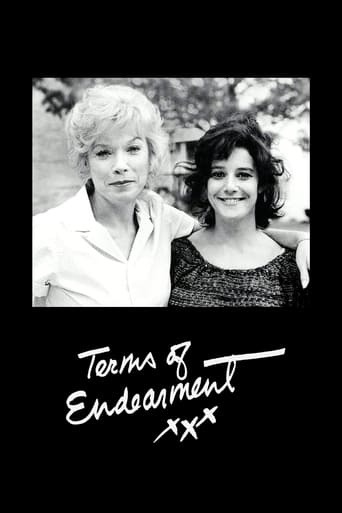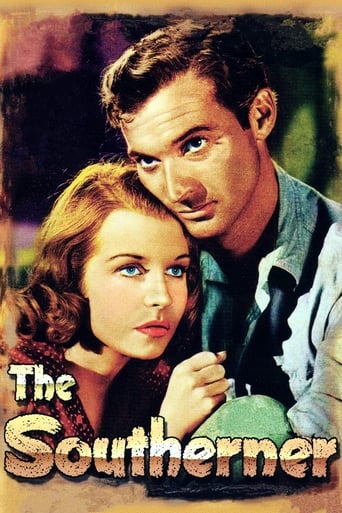
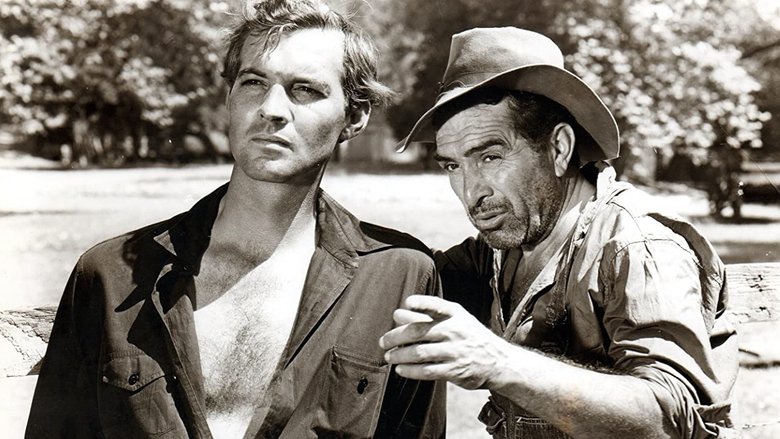
 Watch Now
Watch Now




The Southerner (1945)
 Watch Now
Watch Now




Sam Tucker, a cotton picker, in search of a better future for his family, decides to grow his own cotton crop. In the first year, the Tuckers battle disease, a flood, and a jealous neighbor. Can they make it as farmers?
Watch Trailer
Cast


Similar titles
Reviews
An absolute waste of money
Absolutely amazing
Amazing worth wacthing. So good. Biased but well made with many good points.
This film is so real. It treats its characters with so much care and sensitivity.
A man who makes decent money picking crops in the summer and operating a bulldozer in the winter decides he wants to get his own farm. Three different people, in three different ways, tell him it is a mistake, that there is a good living and security in working for wages, but too much risk and privation in trying to start a farm. But he won't listen, because he just wants to own his own farm.Sure enough, everything goes wrong. He and his family almost freeze to death, almost starve, and a child almost dies of pellagra. He prays to God, asking him to tell him what to do. As far as I'm concerned, God has already tried to tell him what to do through those three people who warned him, but that wasn't what he wanted to hear.He sticks it out, and when the cotton is finally ready for harvest, it is completely ruined by a rain storm. Disgusted, he says he is through, and he is going to get a job at a factory. And just for a moment, I thought, "Good. He has finally come to his senses, and the movie is going to have a happy ending."Who am I kidding? No movie would ever end like that, even though it should. Instead, faith and optimism and pluck take over, and he is going to stick it out. Uplifting music. Credits. The End.
Texas cotton-picker Zachary Scott (as Sam Tucker) watches his uncle die in the fields and decides to take the old man's advice, "Grow your own crop." Fully aware of the challenge ahead, Mr. Scott takes his family to live as sharecroppers on a farm he hopes will become profitable. Scott, attractive wife Betty Field (as Nona), their two pre-teen children and cranky old Beulah Bondi (as "Granny") move into a dilapidated shack on the property. We never know what is holding the rickety structure up; built to fall, the leaning shack looks like it wouldn't stand up during a light breeze. The family's struggle becomes even more difficult than Scott imagined. Most notably, his son becomes deathly ill due to lack of milk and vegetables. There is no help from nasty J. Carrol Naish (as Devers), who lives next door. Far from neighborly, Mr. Naish won't even give a cup of milk to save the boy's life...This may be masterpiece-maker (see 1937's "La Grande Illusion") Jean Renoir's most admired "Hollywood" effort, if not his greatest produced in the US. One of the year's most acclaimed films, "The Southerner" won awards from the highly-regarded "National Board of Review" (Best Director) and Venice Festival (Best Film). While less frequently noted, Zachary Scott finished at #8 in the "New York Film Critics" poll as the year's Best Actor. The star also supported Joan Crawford in "Mildred Pierce" (later in 1945). Scott was at a career peak and his failure to receive an "Academy Award" nomination is somewhat surprising. Scott's performance for Mr. Renoir is excellent; it even helps to balance some of the film's more off-putting, cartoonish qualities. Veteran cinematographer Lucien Andriot contributes to the poetic bleakness, and Renoir's production designer Eugene Lourie shows his usual skills.******* The Southerner (4/30/45) Jean Renoir ~ Zachary Scott, Betty Field, Beulah Bondi, J. Carrol Naish
One of only a few films I am aware of from the classic Hollywood era that is devoted to dramatizing the plight of poor white farmers in the southern US during the early 20th century. Others I can think of include: "Tobacco Road", "The Grapes of Wrath"(both directed by John Ford),"Sergeant York"(in part), and "The Yearling", none of which feature cotton growing in the humid South, as does this film, and all of which have a higher profile in recent times than this film, despite its several Oscar nominations. This is an engaging story, with conflicts over whether to try to make it as an independent farmer or to look for an easier and more predictable factory job. clearly, Pa Tucker prefers the country environment.We have mostly 3 generations of Tuckers living under the same leaky roof, including cantankerous Granny, who is often a pain, but can give some insights on the problems she experienced in her younger days as a farm wife as these relate to their present situation. As she related, near starvation and sickness have taken a heavy toll of her extended family over the years. One of the serious problems she is familiar with is 'spring sickness', which is hinted to be pellagra, a common vitamin (niacin) deficiency in the South of those times, caused by too much reliance on corn products, mostly corn meal mush, in their diet. Native Americans had long ago discovered how to prevent this problem by treating the corn with wood ashes, but European settlers never figured out that this treatment was important when their diet was too limited to corn products. The doctor rightly recommended that they include more vegetables and, in the short run, milk, in their diet. Presumably, the latter supplied needed calcium and additional protein, as one of the important symptoms of severe pellagra is skeletal demineralization. In the film, only the boy develops pellagra symptoms, but actually it was much more common among women and girls, as they tended to receive less varied nutrition than men. Back to the story: The Tuckers have rented unusually fertile bottom land to grow their cotton and kitchen garden crops. Unlike Cooper, in "Sergeant York", they don't have to deal with frequent rocks and steep hills. Unlike the Joads, in "The Grapes of Wrath", they don't have to deal with persistent drought, dust storms, and being displaced by mechanized corporate agriculture.Unlike the Baxters in "The Yearling", their crops aren't eaten by wildlife, although domestic stock do make a mess of their veggie garden at one point. But, they do learn that farming on rich bottom land encompases the life and career-threatening risk of occasional devastating floods and hurricanes. Meanwhile, some physical altercations while in town provide some comic relief. J. Carrol Naish played Devers, the Tucker's hard bitten, not often sympathetic, older neighbor.Naish was an excellent, sometimes charismatic, character actor, often playing Native Americans, Italians or Latinos, including Mexican Santa Anna in "The Last Command" and Sitting Bull in "Anne Get Your Gun", and later in "Sitting Bull". He played ethnics in several Fox and MGM musicals, where he served primarily for comic relief. I most remember him as the charmingly irreverent Italian Bayou fisherman in the musical drama "The Toast of New Orleans"Betty Field looks too apple pie fresh as a supposedly dirt poor ignorant southern farm wife. Besides, she was primarily raised in New England. Otherwise, she is fine as the leading lady. Zachary Scott, a native Texan, comes across as more believable in his role. Beulah Bondi, as granny, came across as the most authentic of the Tuckers. She apparently played a rather similar role in the film "The Trail of the Lonesome Pine". Unfortunately, she lost out in her most coveted role, as Ma Joad, in "The Grapes of Wrath". Thus, her role in the present film somewhat makes up for that lost opportunity. With all their problems, the Tuckers come across as spunky and optimistic in their precarious situation, quite different from the decadent downtrodden Lesters in "Tobacco Road", also in a vary precarious financial situation.
The story of Zachary Scott and his family -- wife Betty Field, two young kids, and ornery Grandma -- who start with nothing and try to make a living growing cotton on a patch of Texas prairie.One might expect this to be a kind of rerun of 1940's "The Grapes of Wrath" but it isn't. "Grapes" was an object lesson in Marxism's transition from "false consciousness" to "class consciousness," except for Ma's sell-out speech about "the people that live" at the end. I'm not objecting to the Marxism, just pointing it out."The Southerner" doesn't pit the poor and exploited against the rich. Scott's family is really dirt poor, and their neighbors are a nasty family, but the antagonist here is not Management but force majeur. Scott has a corny speech in the midst of his struggling cotton patch in which he talks to the Man Upstairs and asks what's up. It's a reasonable question in context.Happily, Scott's family is not straight out of Walt Disneyland. Grandma is a whining, selfish pain in the neck who imparts dumb hick medical advice. Betty Field is more in the mold of the supportive wife, while the two kids are there mainly to provide a focus for worry.This poverty looks real. The people that work in the fields really look dirty. Everybody looks dirty. One kid get pellagra, the result of a lack of niacine from vegetables and fruits. The reason he gets it is that, during their first winter, the family simply has nothing to eat but flour, dried corn, and whatever "varmits" Scott and his dog can manage to bring home. It's horrifying to see how happy they are when Scott brings home a possum. You have to be pretty badly off to eat a marsupial.The plot follows a familiar trajectory, hope followed by disappointment, impending triumph blighted by disaster. But the acting is pretty good. None of the leads had a distinguished career but they're convincing enough here. The script gives us some neat character studies too, including J. Carrol Naish as the embittered and jealous neighbor with the nasty son and the generous daughter. The last scene involves the rescue of the family cow (they finally got one) from a flooded river and is well executed. And the director, Jean Renoir, stages one fist fight and two comic episodes of violence in unexpected ways. Not brutal, just unexpected.The ending, as you might expect, has everyone bravely putting their shoulders back against the wheel, their faces bright with hope -- even Grandma's.


